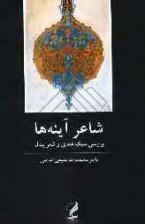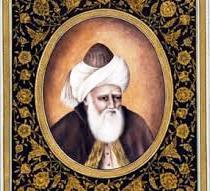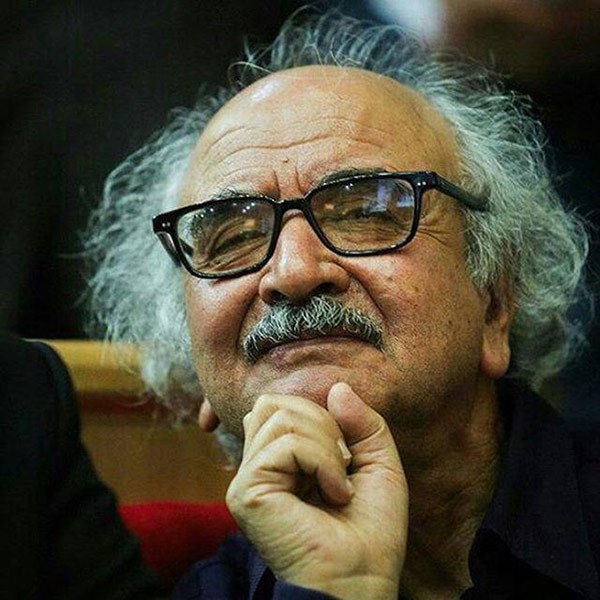
Authors

Mawlānā Abul-Ma'āni Mirzā Abdul-Qādir Bēdil (Persian: مولانا ابوالمعانی عبدالقادر بیدل), also known as Bīdel Dehlavī (1642–1720) was a famous Persian poet and Sufi born in Azimabad (present day Patna, India); to a family of Chaghatay Turkic descent[1]. According to some other sources, he was born in Khwaja Rawash, an area of Kabul province in today's Afghanistan. He mostly wrote Ghazal and Rubayee (quatrain) in Persian and is the author of 16 books of poetry (contain nearly 147,000 verses and include several masnavi) [2] . He is considered as one of the prominent poets of Indian School of Poetry in Persian literature, and owns his unique Style in it. Both Mirza Ghalib and Iqbal-e Lahori were influenced by him. His books include Telesm-e Hairat (طلسم حيرت), Toor e Ma'refat (طور معرفت), Chahār Unsur (چهار عنصر) and Ruqa'āt (رقعات). Possibly as a result of being brought up in such a mixed religious environment, Bedil had considerably more tolerant views than his poetic contemporaries. He preferred free thought to accepting the established beliefs of his time, siding with the common people and rejecting the clergy who he often saw as corrupt.

دکتر محمدرضا شفیعی کدکنی، شاعر، پژوهشگر و استاد ادبیات، در سال ۱۳۱۸ در شهر کدکن چشم به جهان گشود. شفیعی کدکنی دورههای دبستان و دبیرستان را در مشهد گذراند، و چندی نیز به فراگیری زبان و ادبیات عرب، فقه، کلام و اصول سپری کرد. او مدرک کارشناسی خود را در رشتهٔ زبان و ادبیات پارسی از دانشگاه فردوسی و مدرک دکتری را نیز در همین رشته از دانشگاه تهران گرفت. او اکنون استاد ادبیات دانشگاه تهران است. Mohammad Reza Shafii Kadkani, known as Sereshk, was born in 1939 in Kadkan near Neishapur, Iran. His poems, reflecting Iran's social conditions during the 1940s and 1950s, are replete with memorable images and ironies. He has authored eight collections of poetry, eight books of research and criticism, two book-length translations from Arabic, one on Islamic mysticism from English. He has also published three scholarly editions of classical Persian literature. He is a professor of Persian literature at Tehran University. - from Poetry Salzburg Review.